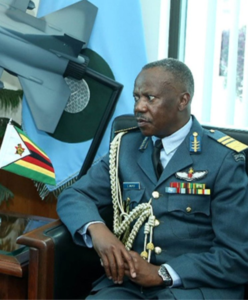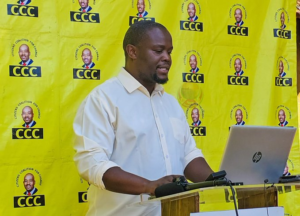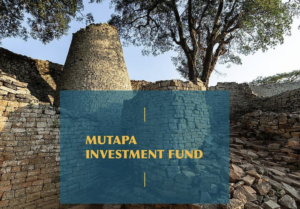SHOCKWAVES THROUGH HARARE: QUESTIONS SURROUND POLICE CONDUCT IN FATAL SHOOTOUT
In a chilling episode that unfolded just before Christmas last year, the Harare Criminal Investigations Department’s homicide section was involved in a deadly confrontation that ended in the death of 44-year-old robbery suspect, Godkows Machingura, in Zimbabwe’s capital, Harare. This incident, however, is more than just a line in the police blotter; it has ignited a fiery debate about police tactics and the sanctity of human rights in Zimbabwe.
The official police report narrates a tale of a high-stakes chase that culminated in a shootout in Harare’s Arcadia suburb, leading to Machingura’s death from a gunshot wound. According to the report, the police had been tailing Machingura and his accomplices, including identified associates Paul Zhou and Jabulani Ngobeni, based on intel about their plans to unleash a spree of robberies targeting prominent figures.
Yet, the story takes a darker turn as Machingura’s family contests this version of events, alleging a more sinister outcome-a police execution. The family’s assertion is underpinned by a post-mortem examination revealing five bullet wounds, including two in the head, one below the ribs, and two in the legs, contradicting the police’s account of a single fatal injury.
The controversy deepens with the revelation of autopsy results by The NewsHawks, which affirm the family’s claims. The autopsy, conducted by a Harare pathologist, points unequivocally to a “non-natural” cause of death, listing lung wounds, gunshot wounds, and haemorrhagic shock—a condition resulting from significant blood loss, as detailed by Healthline Media, Inc.
This incident is not an isolated one, shedding light on a troubling pattern of what some are calling police executions. The Zimbabwe Human Rights NGO Forum, through its acting director, Wilbert Mandinde, voices grave concerns over these lethal outcomes. Mandinde emphasizes the police’s duty to arrest and present suspects before the court, not to serve as judge, jury, and executioner.
The forum’s critique extends beyond the immediate tragedy, touching on broader systemic issues such as the use of excessive force and the absence of safeguards like leg irons during police-led reconstructions of crime scenes. The mention of political prisoners appearing in court under much stricter security measures than armed robbery suspects raises questions about the equitable application of law enforcement protocols.
Adding another layer to the complex narrative is the stalled progress in establishing the Zimbabwe Independent Complaints Commission. Mandinde underscores the critical need for an independent body to investigate complaints against the police, a sentiment echoed by many who seek justice and accountability in law enforcement practices.
As Harare grapples with the aftermath of this tragic event, the dialogue surrounding police conduct, human rights, and the mechanisms for accountability continues to unfold. The loss of Godkows Machingura has become a catalyst for scrutinizing the intersection of criminal justice and human rights in Zimbabwe, challenging the community to confront these issues head-on and demand reform for a fairer, more just society.



